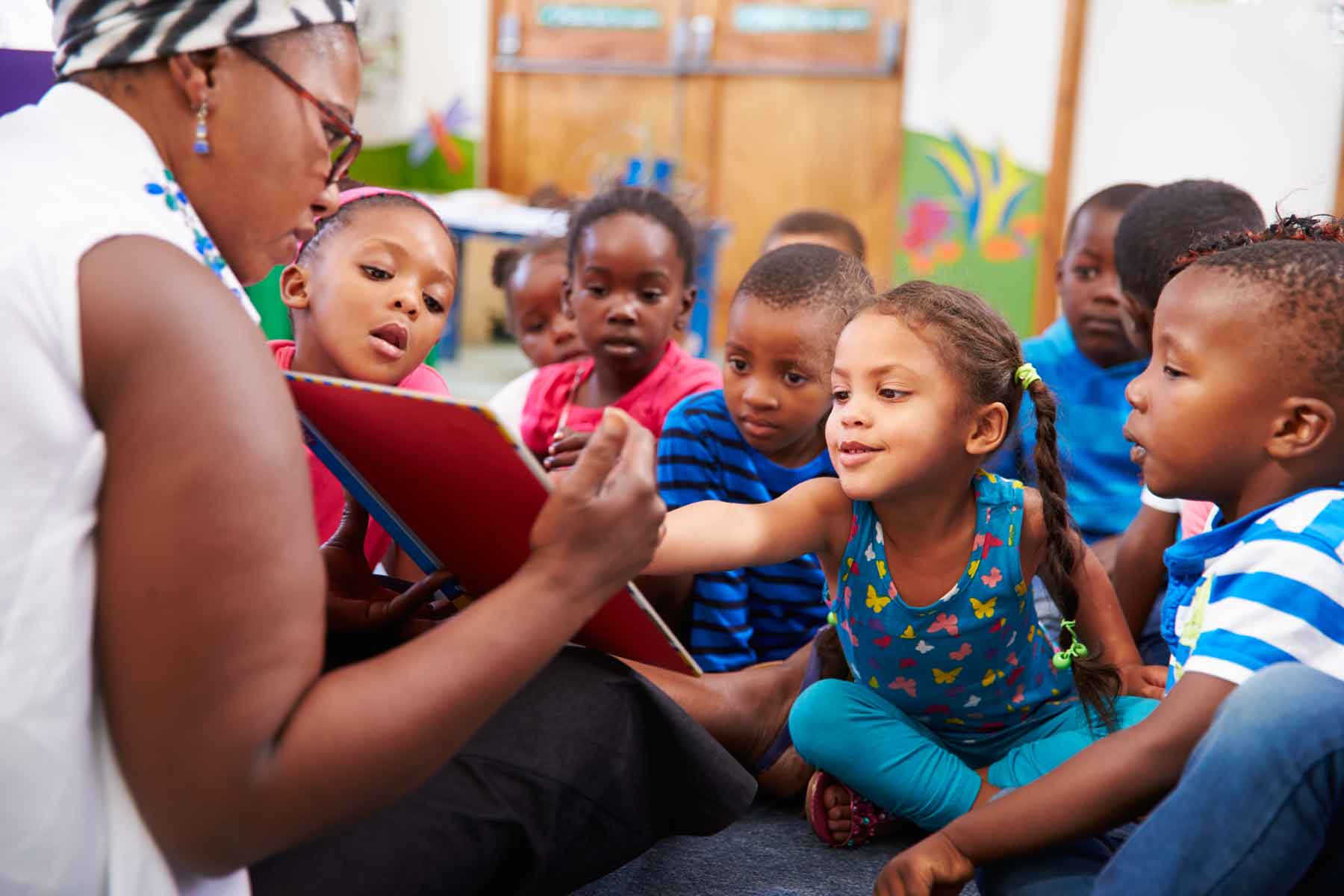What is the difference between preschool, Pre-K, and TK?
Preschool vs. Pre-K vs. TK
Preschool, Pre-kindergarten (Pre-K), and Transitional Kindergarten (TK) are all early education programs for kids too young for kindergarten. The primary differences between these programs are the child's age and the academic focus. Preschool is for 2- to 4-year-olds, while Pre-K and TK are for 4 and 5-year-olds.
| Differences | Preschool | Pre-K | Transitional kindergarten (TK) |
|---|---|---|---|
| Ages | 2 ½ – 4 years old | 4 – 5 years old | 4 – 5 years old |
| Cost | $400 – $1,300 per month | Varies by program | Varies by program |
| Curriculum |
|
|
|
| Settings | Mostly private schools | Private and public schools | Private schools and some public schools in certain states |
| Teacher-student ratios | 1 Teacher for every 8 to 12 students | 1 Teacher for every 6 to 10 students | 1 Teacher for 12 to 22 students on average, depending on the district |

What is preschool?
Preschool is a general term for early childhood education for children aged 2 ½ to 4, focusing on social and basic skill development. Preschool students can use their imagination and learn through play rather than structured learning. Preschool kids learn important social and behavioral skills like sharing, manners, and cooperation.
Preschool costs $400 to $1,300 per month for private preschool programs, depending on the number of days or half-days the student attends. Some states offer government-funded free preschool programs for qualifying families.
What is Pre-K?
Pre-kindergarten is a specific preschool program designed to prepare 4-year-old children for kindergarten the following year. Pre-K is more academically focused than other preschool programs and includes lessons on reading, writing, math, and some science concepts.
Only four states offer free Universal Pre-K programs available to all families regardless of income: Florida, Oklahoma, Vermont, and the District of Columbia. Many other states offer some form of free pre-K with subsidized or partially free programs for eligible students.

What is TK?
Transitional kindergarten (TK) is a 2-year kindergarten program designed to bridge the gap between preschool and kindergarten. TK is for students who just miss the cutoff date or who are not quite ready for regular kindergarten as deemed by their local school district's screening process.
TK originated as a free California public school program to serve students turning 5 years old between September and December of the current school year. However, the program was recently expanded to offer free early education for all 4-year-olds, regardless of their birth month.
Benefits of Preschool vs. Pre-K
Neither preschool nor Pre-K are mandatory programs, and many parents choose not to participate in any type of early education program before kindergarten. However, there are some significant benefits to attending a preschool or Pre-K program, as detailed in the following table:
| Preschool benefits | Pre-K benefits |
|---|---|
|
|

How to choose a preschool or Pre-K program
Choosing a preschool or Pre-K program for your child is an important decision based on your family budget and your child's age and developmental needs. Make an informed choice by following these suggestions:
Define your goals – Clarify whether you prefer play-based or more structured learning.
Research available programs – Investigate local preschools and Pre-Ks online and through the local school board.
Visit and observe – Visit local preschools and Pre-K programs and observe the classrooms, curriculum, and overall atmosphere.
Consider philosophy and approach – Choose from programs that align with your child's learning style and your educational values.
Check qualifications – Ask about the qualifications of the teachers and staff. Teachers with early childhood education degrees and relevant experience have a significant impact on your child's learning and development.
Curriculum and activities – Ask to see their curriculum and activities offered. Look for a balance between academics and play, as well as activities that promote social, emotional, physical, and cognitive development.
Inclusion of special needs – If your child has special needs, inquire about their ability to accommodate those needs. Check if the program has experience with inclusion and tailored support.
Health and safety measures – Ask about health and safety protocols, especially if your child has any ongoing health issues.
Parent involvement – Understand the level of parent involvement encouraged by the program. Some programs actively involve parents in their child's education, while others may have more limited interaction.
Financial considerations – Determine the cost of the program and whether there are any additional fees. If needed, inquire about financial aid, scholarships, or sliding scale options.
Ask for references – Request references from current or past parents. This can give you insights into the experiences of families who have already enrolled their children in the program.
Trust your instincts – After researching and visiting programs, trust your instincts and choose the one that feels like the best fit for your child's personality and your family's needs.
Questions to ask a preschool, pre-K, or TK program
When visiting potential programs in your area, be sure to ask these questions:
Are your preschool teachers credentialed?
Are your teachers CPR/First aid trained?
What is your class size and teacher-student ratio?
What are your daily hours and rates?
What is a typical schedule for the school day?
What is the preschool’s education philosophy?
Are you able to handle special needs students?
Do you have a nurse onsite?
How do you handle disciplinary issues?
How much time do children spend in free-play and outside?
What style of curriculum do you use?
Are meals and snacks included?
What is the average teacher tenure?
Do you use more play-based learning or structured classroom learning?
Will my child be ready for kindergarten upon graduation?